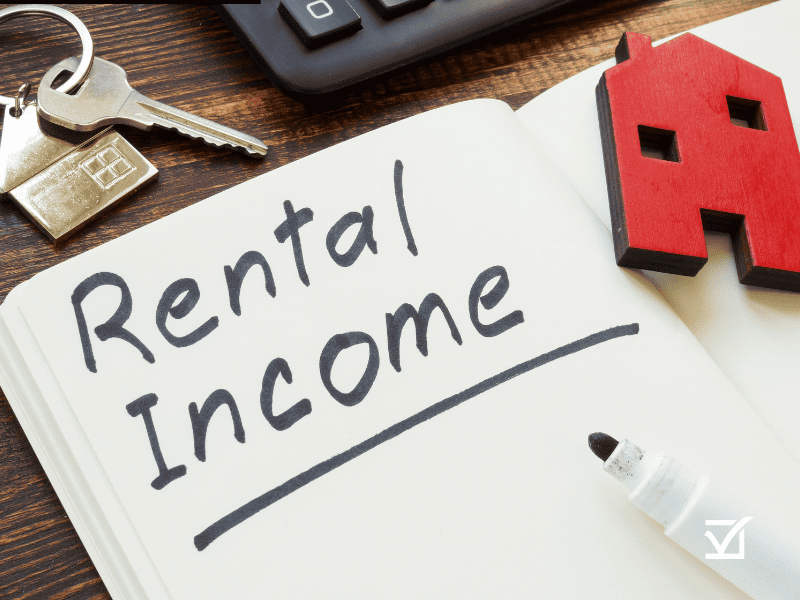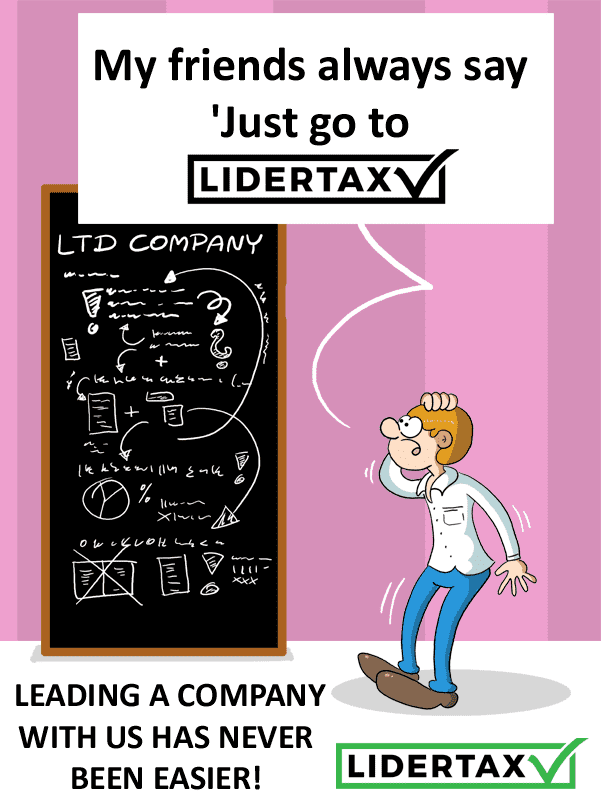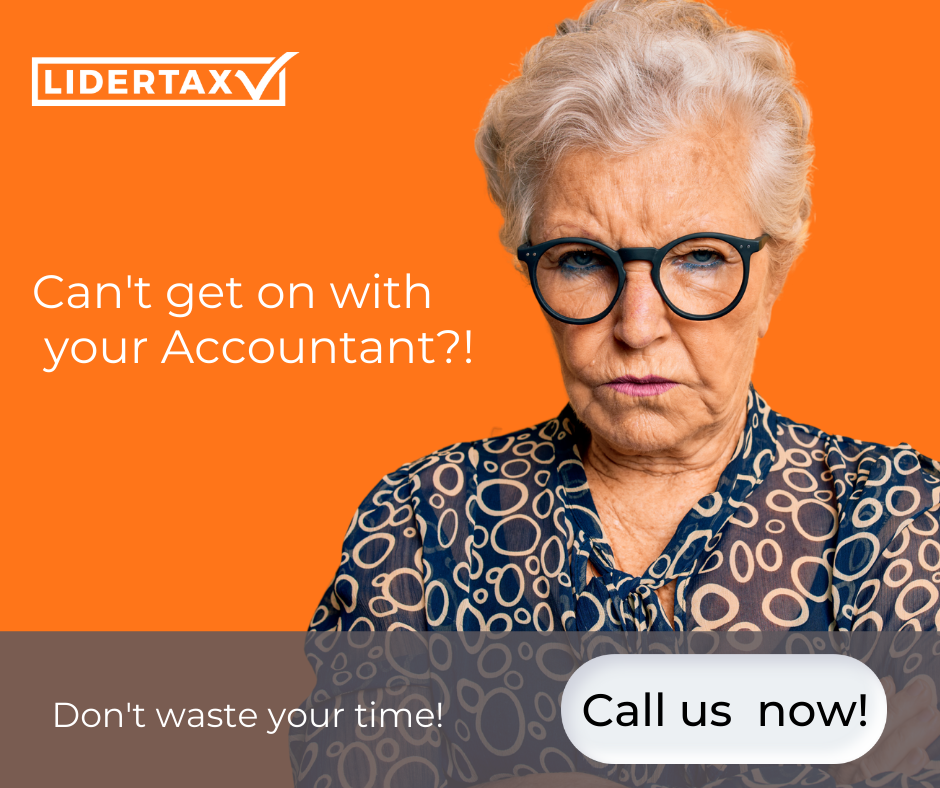
Have you ever wondered about how income tax and rental income go together? Income tax and rental income go hand in hand, but it’s not always easy to understand how these are taxed. In line with this thought, today, we’re looking at the link between income tax and rental income; this should help you learn how much tax you need to pay on your rental income.
Income Tax and Rental Income: How is it Taxed?
If you’ve just started renting out a property, knowing how this rental income will be taxed can often help. However, this may feel a little unclear, but don’t worry. We’ve outlined everything you might need to know.
Now, before we go any further, we need to consider what counts as rental income for income tax purposes. This might seem obvious, at first glance – it’s the monthly rent for the property, isn’t it? Well, yes and no.
Indeed, this certainly counts as rental income; however, there are actually a few other types of income that count as rental money. These include any non-refundable deposits (or any remainder of refundable deposits), payments made from tenants to landlords for repairs, utility bills, and communal area cleaning (among others).
These bills can add up to a significant sum of money. Fortunately, it’s possible to reduce the amount of tax payable by deducting expenses from your income. It may also be possible to claim tax credits, which your local accountant should be able to help with.
How Does Tax Income Work for Multiple Properties?
When paying tax across multiple properties, it’s worth keeping in mind that income and expenses can be combined. Thus, this can allow you to deduct your expenses from one rental house from the income of another. As a result, if you have a number of properties in your estate that are rented out, submitting your tax returns for these does not need to be done separately.
What Expenses Can I Claim?
There are several expenses you can claim when it comes to your rental property income. Your professional local “accountant near me” should be able to provide specific guidance for your case. However, some of the most common expenses claimed are as follows:
- Water rates
- Council tax
- Electricity and gas bills
- Landlord insurance
- Agent fees for lettings
- Cost of services incurred as part of rental agreements
- Some legal fees
- Accountants’ fees
These are just a few examples of expenses you can claim, as well as direct costs (e.g. stationary).
What Rate of Tax is Charged on Rental Income?
As with regular self-employed tax, there is no set rate that you will pay. Instead, this depends on your total income level. Indeed, tax can fall into a range of different tax brackets, ranging from 0% to 45%. This figure depends on how much you earn in total. As part of this, any income you make from other sources, such as employed or self-employed work, will also play into how much tax you pay on your rental income.
The Tax Brackets for Rental Incomes
Income tax and rental income go hand in hand as far as tax brackets go. As such, the tax brackets for rental income are the same as for self-employed earnings. These are as follows:
- Personal allowance: The first £12,570 you earn is your personal allowance, which is fully untaxed. Anything you earn within this bracket is 100% yours to keep.
- Basic rate: Earnings between £12,571 and £50,270 are charged at a lower rate of tax. This is charged at 20% of the total earnings in this bracket.
- Higher rate: For income between £50,271 and £125,140, you will pay a significantly increased rate of tax at 40% of your income.
- Additional rate: Above £125,140 in income, you’ll be charged the additional rate of tax. This rate amounts to 45% of your earnings. It’s worth noting that, once you’ve earned enough tax to fall into this bracket, you will lose your personal allowance.
When is Tax on Rental Property Income Due?
Rental income is due at the same time as regular self-employed earnings. This means that you will need to complete your self-employed tax return by the 31st of October (for paper tax returns) or the 31st of January (for digital tax returns). If you fail to complete your tax return on time, you could be liable for fines. Thus, the importance of doing so on time is highly important.
Generally speaking, most people with rental properties will complete a self-assessment tax return to pay for their rental income. However, you can also request your accountant to handle the tax return on your behalf. This can take a lot of pressure off of your shoulders.
Who Needs to Complete a Rental Tax Return?
Whether you’ll need to complete a tax return for your rental endeavours depends on how much income you make from renting and from property in general. Indeed, if your rental income’s low enough, you may be able to pay your taxes through the PAYE system. This is a potential alternative if you pay taxes elsewhere in this manner. However, if your rental income before expenses is £2,500 or greater, or if you make £10,000 from property generally before expenses, then you will need to complete a self-assessment tax return.
What Parts of the Self-Assessment Do I Need to Complete?
Self-assessment tax returns cover a wide range of self-employed income types. As such, you’ll need to understand which part of the self-assessment links income tax and rental income.
Now, the exact pages you’ll need to complete first depend on whether you have UK or foreign rental properties. This is simple enough; luckily, there are pages for each type of property, allowing you to more easily fill out the correct information
It’s worth noting that the tax system classes those who own a guesthouse, B&B, or hotel as self-employed. In line with this, you may not need to focus as much on the UK property pages. Instead, you will complete the self-employment pages. If you’re not sure, don’t hesitate to contact your local accountant for more specific advice tailored to your situation.
What if I Have Made a Loss on my Rental Property?
While we all like to hope that our rental properties will profit or break even, this isn’t always possible. In these cases, when you have made a loss on your rental property, you can carry this forward. This allows you to set the losses against your future profits on the rental property.
We should stress here, though, that you can only offset this against future profits. This means that you cannot offset your losses against other income you may have had.
When you offset losses against future profits, you can reduce the amount you owe significantly. For example, suppose you lost £1000 in one year due to repairs, but made a £5000 profit the next. In this case, if you offset the losses, you would only be liable for tax on the £4000 after offsetting.
How do Room Rentals Work?
Room rentals work a little differently from regular property rentals. Naturally, keeping this in mind is worth noting in many cases. Critically, under the Rent-a-Room relief scheme, you can earn up to £7,500 from lodgers before paying any tax; this assumes that you have provided the space fully furnished for accommodation purposes. This scheme is available to both property owners and renters; however, for the latter, you’ll need the landlord’s permission to sub-let.
Of course, you’ll also need insurance and the like to provide room rentals. So, be sure to do your research before offering these to ensure you stay compliant with rental regulations.
Do All Renters Need to Report Rental Income?
As we’ve previously mentioned, below £2,500 in rental income, you will not necessarily need to complete a self return. However, it’s worth noting that if you have earned less than £1,000 in a tax year from rental income, there is no reporting requirement. The most common reason for this might be that you only began renting out a property in the last month of the tax year (March), meaning the renter only paid once.
Tax When Rental Properties are Sold
Rental properties still incur tax when you sell them; the tax man will usually charge this as Capital Gains tax. This can potentially be significant, so it’s important to work alongside a professional accountant to ensure you are being taxed fairly on your property sale.
Final Thoughts
Making sure you pay tax appropriately on your rental income is hugely important. Indeed, you could be liable for significant fines and fees if you do not submit your taxes properly. Fortunately, your local “accountants near me” should be able to help you submit your taxes accurately. This ensures you correctly record all income and expenses. In turn, this can help ensure you are paying the appropriate amount of tax on your income. So, don’t chance it. Contact us today to find out more about our accounting solutions and how they might work for your needs.



